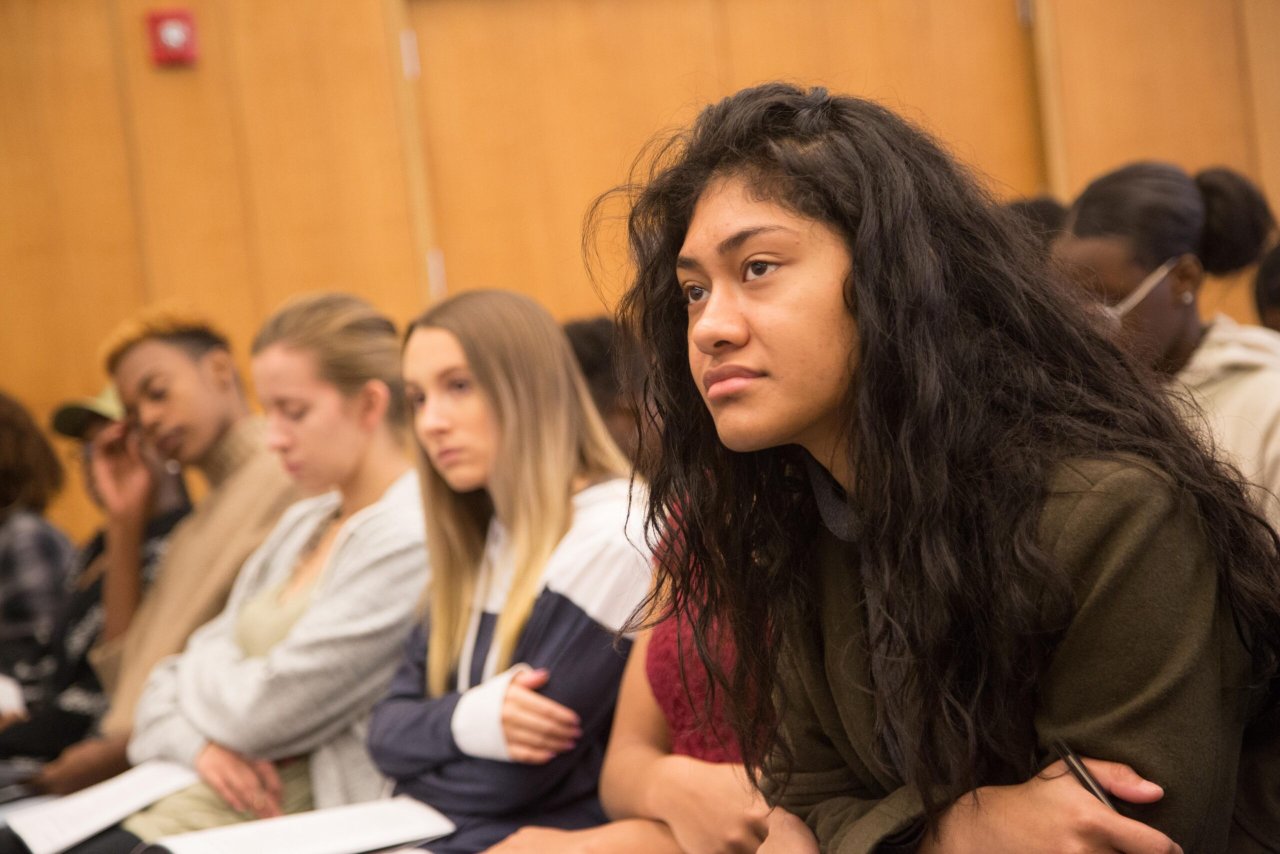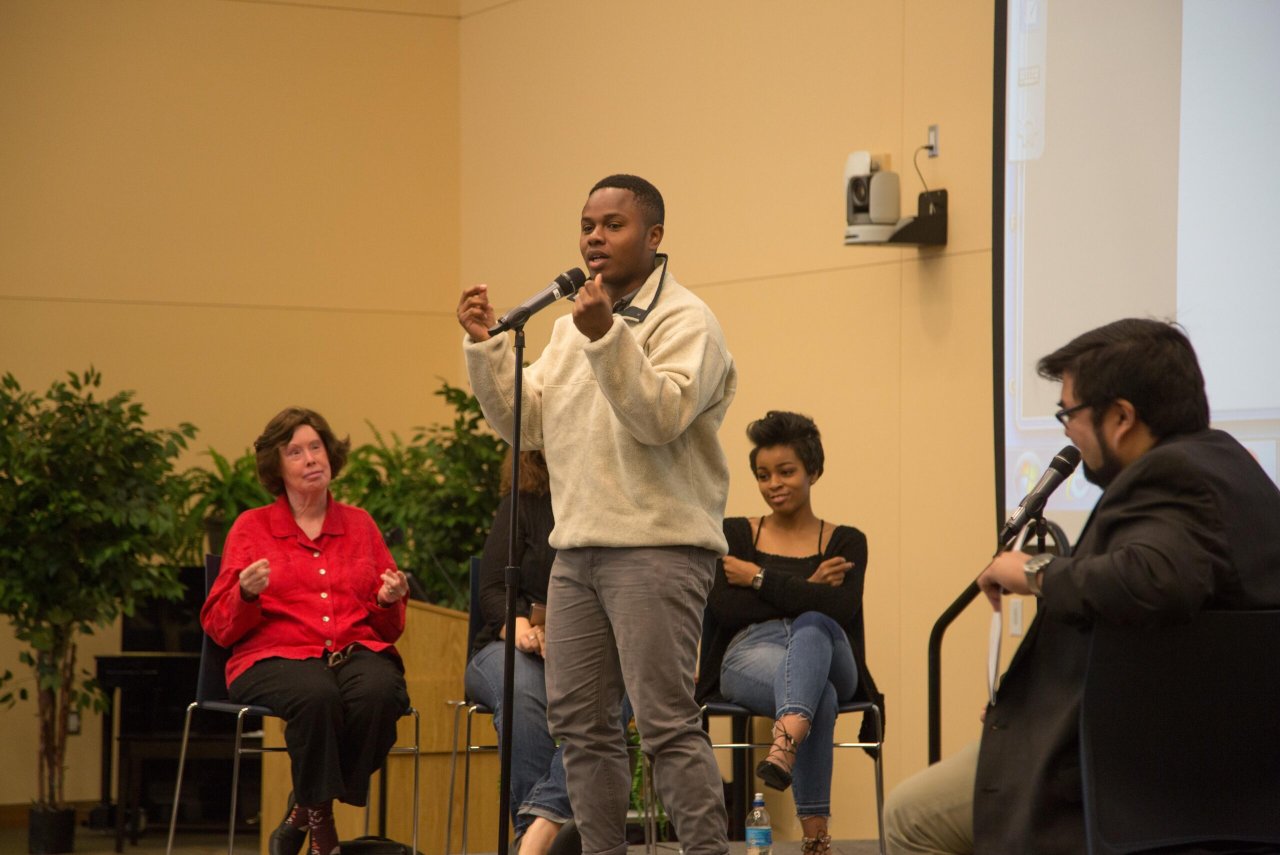The Role of Poetry: Lullaby, Truth, or Therapy?
Poetry provides an avenue to think about themes that are cosmic and bigger than the mundane in a language that is so familiar.
–
I started writing poetry when I left my home country. I compiled journal upon journal with free-write material (writing about anything and everything), inspired by my roots and the new routes I created for myself, as I tried to understand the shift to a new place. But time after time, I have wondered if poetry writing is a waste of time. In a world where rationality is deemed an important skill, is poetry an ancient tradition of ridiculous abstract thinking that is irrelevant?

Yet every time I read a short poem by Rumi or analyze the pictures painted by Sharon Olds, I find myself learning more about myself and the world around me than I sometimes do in a semester’s time of classroom instruction. Especially in the rote of college life, poetry makes us feel and think and ponder and pause in our hectic lives. The writing of poetry is just as important as the teaching of poetry. In this day and age, when we hear about poetry, dead poets of old come to mind. But for some, writing and reading poetry is a process of healing. And in a world where healing is necessary, classes that teach the art of poetry writing become mandatory for the soul.
That is why when I found that Arcadia offered the University Seminar “Artist, Activist, Deep-Sea Diver: The Role of the Poet in Society,” I did not hesitate to click “add to cart.” The class is writing intensive, but amid my other writing-intensive senior courses, this class is more like therapy. Many potential students are scared off by the idea of poetry— both reading and writing it. Besides fulfilling a lot of Arcadia’s undergraduate curriculum requirements, this class fosters community, with the occasional laughs and awkward silences. It focuses on the painful and rewarding process of unmasking the facade in which we clothe ourselves as humans. It is more than a class, but a place of learning to appreciate vulnerability.
Recently, I attended the Arcadia Poets’ Symposium, an annual event sponsored by “The Role of the Poet in Society” seminar. Though the room was not packed, the atmosphere was one of community. The panel of poets included Arcadia professors and students, which offered a mix of diverse backgrounds and experiences and answers to audience-generated questions. Poets Jon McCoy ’20 and Destinee Gines ’18, as young people, used poetry to voice their political roles. They found poetry writing to be a revolutionary tool of truth-telling.

I think it is a misconception that we have to focus on the poetry that is shelved among the halls of literary success. There is nothing wrong with enjoying Robert Frost or Shakespeare, but they are not the only poets that merit attention. If you do not like poetry, I’m sure you have not found the short and potent writings of someone who speaks to the deepest parts of your being— who satiates your wanderlust despite your being confined in the four walls of your dorm. Poetry provides an avenue to think about themes that are cosmic and bigger than the mundane in a language that is so familiar.
For poetry lovers or those who wish to dive more into the world of poetry, there is also a poetry club on campus, PTAH, that meets every Tuesday from 6-8:30 p.m. in Heinz lounge. The club allows for discussion of real things. It is not a place for the false self or small-mindedness.



